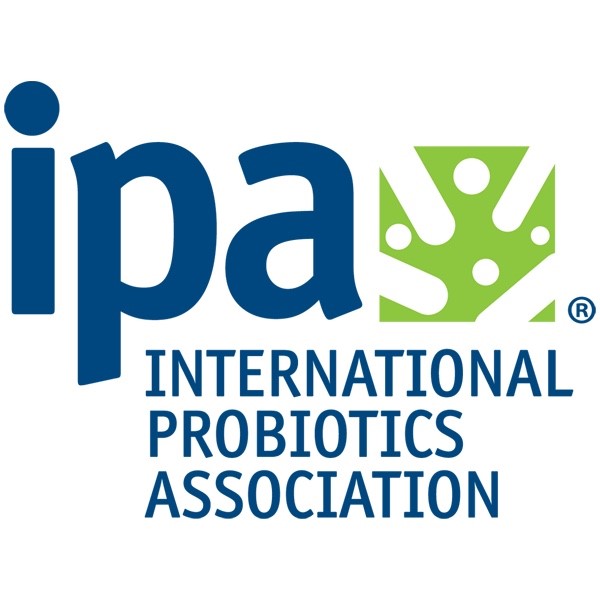
Why probiotics?
Probiotics are one of the oldest groups of food additives, however, they are still gaining more and more popularity. The Greek ”pro bios”, which literally means “for life”, initiated adequate nomenclature of probiotic preparations which as defined by WHO and FAO are “living microorganisms”. When supplemented in right doses probiotics have beneficial effect upon the microbiological ecosystem of the host’s intestines by creating an advantageous balance between beneficial and pathogenic microflora which improves health condition.
The mechanisms of “beneficial interaction” of probiotic preparations include:
- inhibiting adhesion of pathogens to walls
- producing anti-bacteria compounds such as acids, hydrogen peroxide and bacteriocins
- modulating the resistance system
- reducing inflammatory conditions
Benefits from using good probiotics:
- healthy digestive system
- optimal intestine peristaltic movement
- advantageous intestine flora
- improved digestibility of food ingredients
- better assimilability of vitamins and minerals
- immunological system support
Probiotics:
- immunomodulation
- improved integrity of the digestive system (mucins, zonulin)
- production of organic acids and SCFA = reduced pH
- competition for adhesion and receptors of epithelium enterocytes
- competition for food ingredients
- production of bacteriocins and hydrogen peroxide
- upset ‘quorum sensing’ pathogens
- improved digestion and assimilation
- synthesis of B and K vitamins
